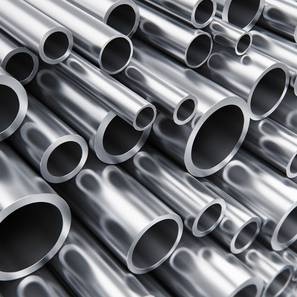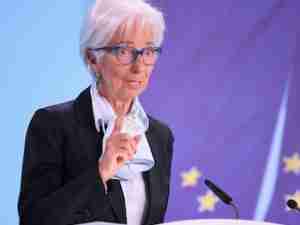European Union leaders demanded a permanent EU exclusion from U.S. President Donald Trump’s metal-import tariffs and kept alive a threat to retaliate, highlighting persistent risks of a trans-Atlantic trade war.

Citing national security, Trump on Friday imposed duties of 25 percent on steel and 10 percent on aluminum while granting a five-week waiver to the EU, Canada, Mexico, Brazil, Argentina, Australia and South Korea. An exclusion for those countries beyond May 1 will depend on the status of “discussions of satisfactory long-term alternative means to address the threatened impairment to U.S. national security,” the White House said.
The EU’s heads of government responded with a sharply-worded statement expressing “regrets” that Trump imposed the metal tariffs at all, saying the measures fail to address the root problem of overcapacity and insisting Europe has already offered the U.S. “full cooperation” to help re-balance the global market.
“These measures cannot be justified on the grounds of national security, and sector-wide protection in the U.S. is an inappropriate remedy for the real problems of overcapacity,” the bloc’s 28 national leaders said in the statement released on Friday in Brussels.
The EU has spent the past several weeks scrambling for a waiver from the U.S. metal tariffs while warning that a failure to gain one would lead to a tit-for-tat response on 2.8 billion euros ($3.5 billion) of imports of U.S. goods including Harley-Davidson Inc. motorcycles, Levi Strauss & Co. jeans and bourbon whiskey.
The EU also said that, without an exemption, it would file a complaint to the World Trade Organization against the Trump administration and introduce “safeguard” actions to prevent metal shipments from other parts of the world to America from being diverted to the European market and flooding it. China announced it would complain to the WTO after failing to win any exclusion from the U.S. metal levies.
The statement by EU leaders “takes note that shipments of steel and aluminum from the European Union have been temporarily exempted from such measures, and calls for that exemption to be made permanent.” It also cites the EU’s right “to respond to the U.S. measures as appropriate and in a proportionate manner.”





